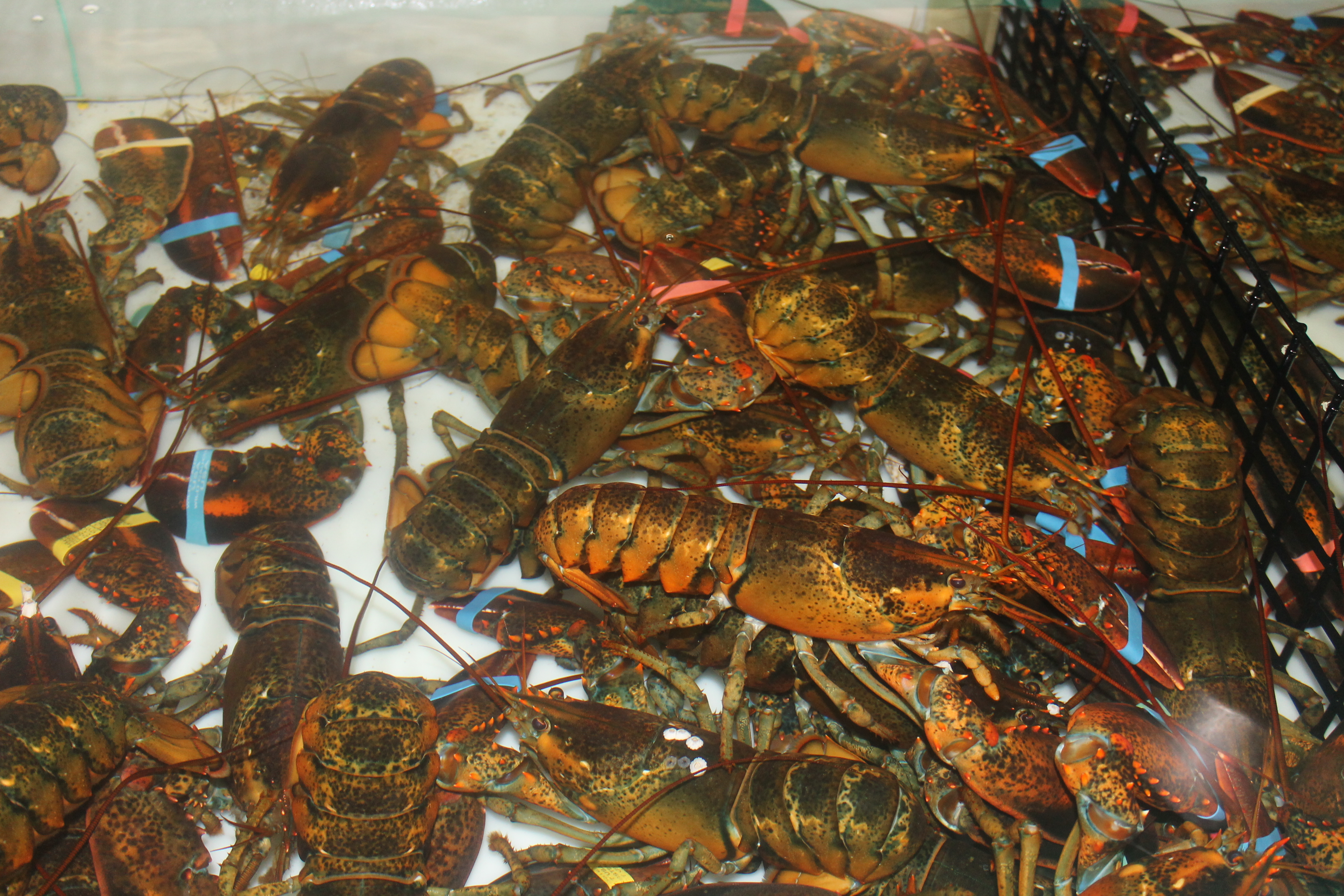
In light of the negative repercussions that Maine’s lobster industry and other businesses are facing from the Trump Administration’s latest trade actions, Congresswoman Chellie Pingree (D-ME) sent a letter today to U.S. Trade Representative C.J. Mahoney urging the Administration to pursue a more coherent trade strategy to save the state’s economy from further uncertainty and harm.
“While there are certainly issues that warrant rethinking current trade policy, the alternating and conflicting trade decisions made by the Administration seem to be doing more harm than good in Maine,” Pingree wrote in the letter. “All of these issues outlined above make me very worried about the long-term negative consequences for Maine businesses. To save our state’s economy from further hardship and uncertainty, I urge the Administration to pursue a more coherent and methodical trade strategy and to weigh the potential repercussions carefully before taking further action.”
Responding to Trump Administration tariffs last Friday, China announced it would charge a 25% tariff on imported U.S. lobster, a key export for Maine. This comes after the Maine Congressional Delegation met with the U.S. Trade Representative earlier this month to discuss a Canada-EU trade agreement that has placed Maine’s lobster industry at a competitive disadvantage.
Also last Friday, Hussey Seating Company in North Berwick reported that new tariffs on imported Canadian steel and aluminum have hurt its manufacturing business.
In the letter, Pingree outlines other business concerns as well. Full text below and a copy is also online.
The Honorable C.J. Mahoney
United States Trade Representative
600 17th Street NW
Washington, D.C. 20508
Dear Ambassador Mahoney:
Thank you for visiting Maine to meet with the Maine Congressional Delegation and the Maine Lobster Dealers’ Association. I appreciate your willingness to explore various options that could alleviate the trade disadvantages that Maine’s lobster industry is facing. I am writing to express my continued concern about the impacts of the Administration’s trade decisions in my state, both in the lobster industry and in other industries—including new issues that have arisen since our last meeting.
While there are certainly issues that warrant rethinking current trade policy, the alternating and conflicting trade decisions made by the Administration seem to be doing more harm than good in Maine. For example, the tariff announcement made by China on Friday could incapacitate Maine’s lobster industry at a time when they are already seeking relief from trade issues caused by the Canada-European Union (EU) Comprehensive Economic and Trade Agreement. Because these tariffs from China are simply the latest repercussion of the Administration’s incoherent trade strategy, I urge the Administration to be more discriminate in its approach to tariffs so that American businesses and jobs are not jeopardized.
In particular, I am concerned that this chaotic decision-making will threaten the close relationship between Maine and Canada. Due to Maine’s geographic proximity to Canada, the Canadian market is very important to us and we greatly value our Canadian partners. The Administration’s approach of targeting allies with tariff actions based on national security reasons is unsettling and concerning. At least one Maine business is already being impacted by the steel import tariffs that the Administration imposed on Canada, Mexico and the EU.
Additionally, the threat of retaliatory tariffs from Canada has very real consequences for Maine businesses, regardless of whether they take effect or not. For example, some Maine businesses are rushing to send products to Canada before the tariffs come in to effect. In some instances, this means shipping products in June that would have otherwise been shipped in December, which is putting a strain on the workforce and significantly shortening the shelf-life of food products. While these businesses will certainly be relieved if the tariffs are retracted, the scramble to prepare for the tariffs has already been costly and burdensome to them.
If the tariffs do take effect, Maine businesses will have to face the challenging decision of how to deal with increased costs. The list of Canada’s proposed tariffs against the U.S. includes some of Maine’s iconic specialty food products: maple syrup, strawberry jam, berry purees, and others. The detrimental effects that the tariffs would have on food businesses in Maine would surely trickle down to farmers as well.
All of these issues outlined above make me very worried about the long-term negative consequences for Maine businesses. To save our state’s economy from further hardship and uncertainty, I urge the Administration to pursue a more coherent and methodical trade strategy and to weigh the potential repercussions carefully before taking further action. Thank you for your attention to this matter, and I look forward to your response.
Sincerely,
Chellie Pingree
Member of Congress

